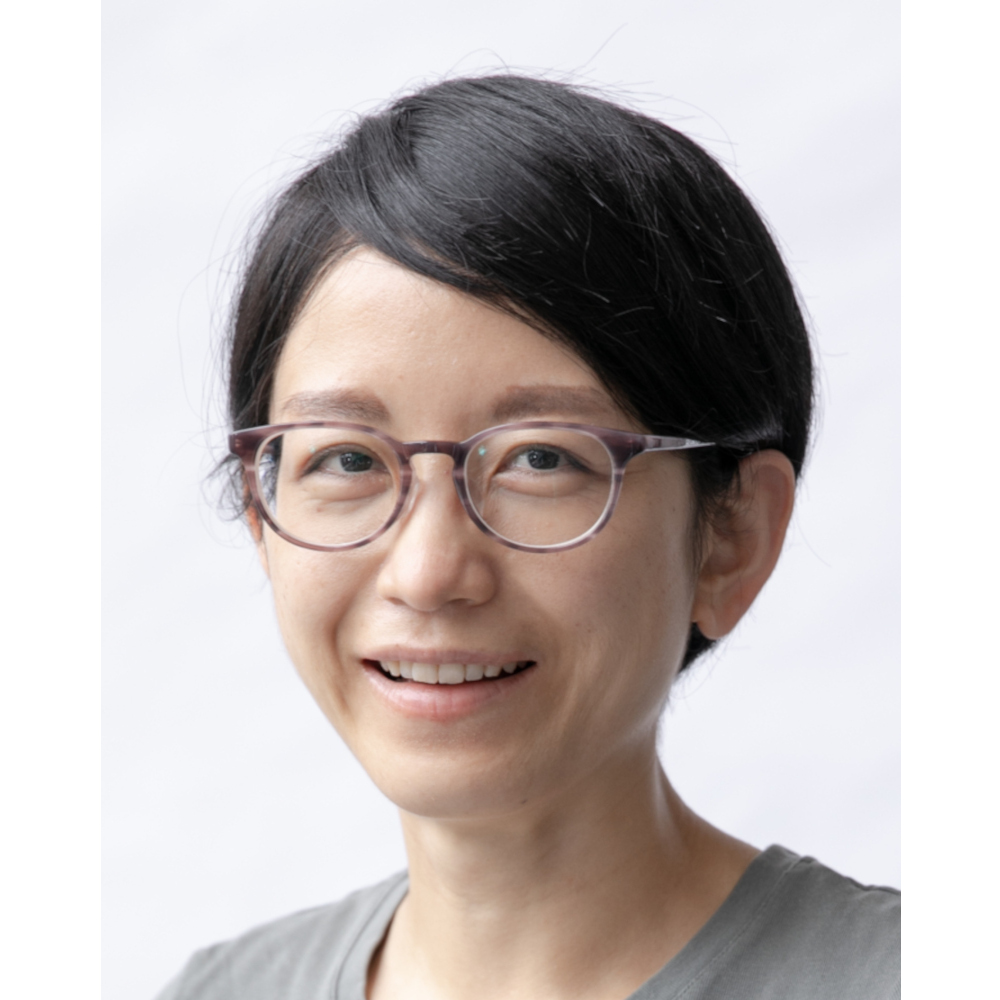
Mio Hamatani
Researcher (Ueno-G)
- Position
- Assistant Professor
- Research Field
- Neuroimmunology
Research Overview
Microglia in hereditary leukoencephalopathy & Immunological roles of myelin glycolipid in multiple sclerosis
1. Microglia in hereditary leukoencephalopathy
Adult-onset leukoencephalopathy with axonal spheroids and pigmented glia (ALSP) is a hereditary leukoencephalopathy caused by gene mutation in colony stimulating factor 1 receptor. Microglial dysfunction is assumed as essential, though the detailed mechanism remains unknown. My colleagues and I are now trying to reveal the ALSP pathogenesis by using human materials such as induced pluripotent stem cells and brain tissue.
2. Immunological roles of myelin glycolipid in multiple sclerosis
Multiple sclerosis (MS) is a chronic inflammatory demyelinating disease of the central nervous system, characterized by relapse-remitting disease course in the early phase followed by disability progression in the later stage. Whereas chronic inflammation accompanied with degeneration are the key pathological features, the pathogenesis of MS, particularly progressive MS (PMS) remains unknown. Sulfatide is one of the major glycolipid components of myelin. We had found that a myelin-glycolipid sulfatide displayed an ability to suppress the proliferation of polyclonally activated human T cells which was impaired in T cells obtained from patients with MS in higher disability status. We are now trying to identify the molecular mechanism of sulfatide-induced suppression of T cell proliferation and its alteration through the MS disease stages. This study will provide novel insights into the pathogenesis of MS, particularly disease progression.
Biography
Mio Hamatani obtained her MD (2010) and PhD (2020) from Kyoto University and she was appointed Assistant Professor in 2021 in the institute for the Advanced Study of Human Biology in Kyoto University.
Publications
Ashida S, Ochi H, Hamatani M, Fujii C, Kimura K, Okada Y, Hashi Y, Kawamura K, Ueno H, Takahashi R, Mizuno T, Kondo T. Immune skew of circulating follicular helper T cells associates with myasthenia gravis severity. Neurol Neuroimmunol Neuroinflamm. 2021;8(2):e945
Hamatani M, Yamashita H, Ochi H, Ashida S, Hashi Y, Okada Y, Fujii C, Kawamura K, Kitazawa R, Nakagawa M, Mizuno T, Takahashi R, Kondo T. Altered features of monocytes in adult onset leukoencephalopathy with axonal spheroids and pigmented glia: A clue to the pathomechanism of microglial dyshomeostasis. Neurobiol Dis. 2020;140:104867.
Okada Y, Ochi H, Fujii C, Hashi Y, Hamatani M, Ashida S, Kawamura K, Kusaka H, Matsumoto S, Nakagawa M, Mizuno T, Takahashi R, Kondo T. Signaling via toll-like receptor 4 and CD40 in B cells plays a regulatory role in the pathogenesis of multiple sclerosis through interleukin-10 production. J Autoimmun. 2018;88:103-113.
Hamatani M, Jingami N, Tsurusaki Y, Shimada S, Shimojima K, Asada-Utsugi M, Yoshinaga K, Uemura N, Yamashita H, Uemura K, Takahashi R, Matsumoto N, Yamamoto T. The first Japanese case of leukodystrophy with ovarian failure arising from novel compound heterozygous AARS2 mutations. J Hum Genet. 2016;61(10):899-902.
Hamatani M, Jingami N, Uemura K, Nakasone N, Kinoshita H, Yamakado H, Ninomiya H, Takahashi R. A case of variant biochemical phenotype of Niemann-Pick disease type C accompanying savant syndrome. Rinsho Shinkeigaku. 2016;22;56(6):424-9.
Research Group
Ueno GroupJoined
Apr. 1, 2021
